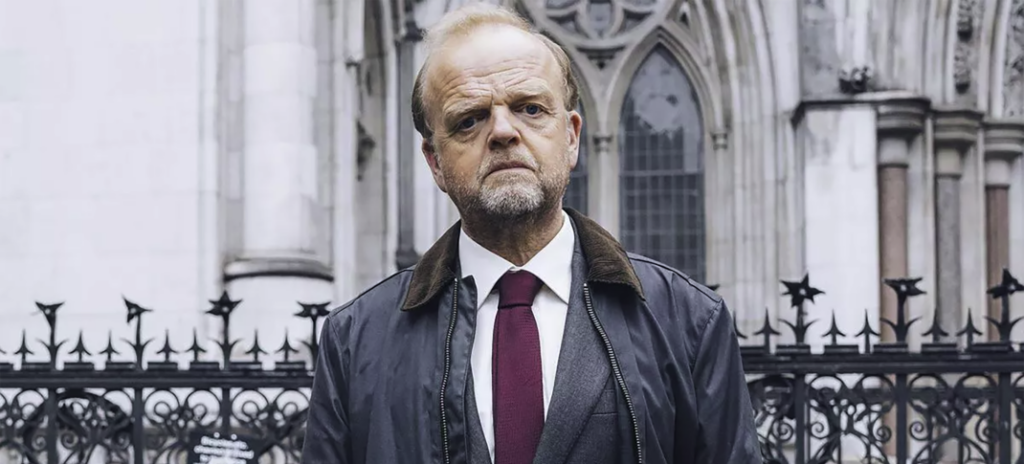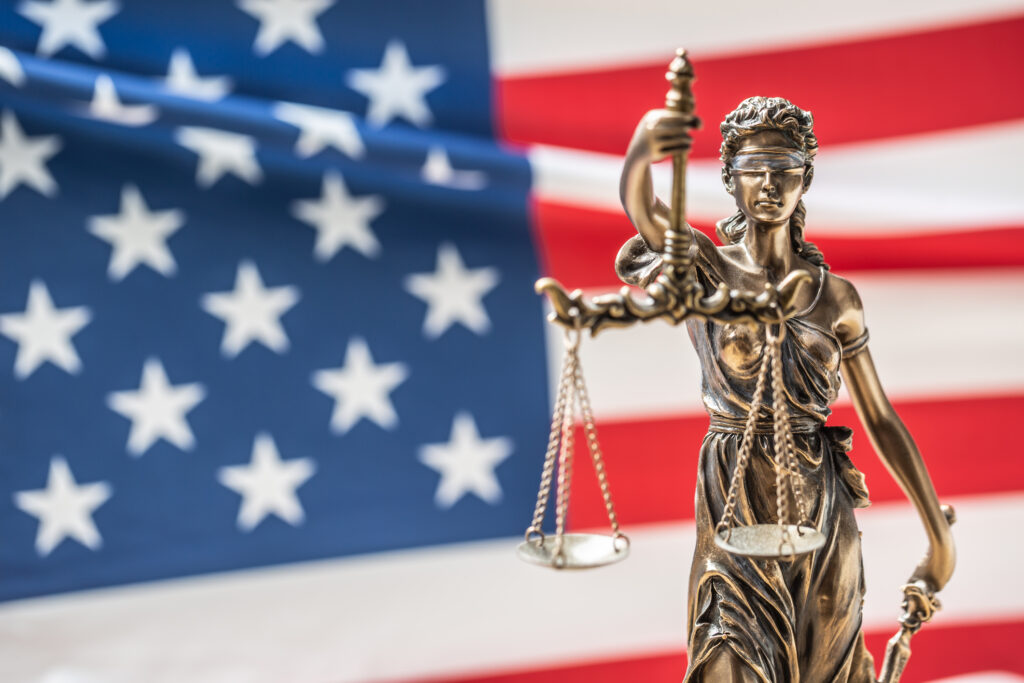The U.S. Chamber Institute for Legal Reform (ILR), and three other associations, strongly urged the District of Columbia Bar Association to reject a proposed rule change that would further the influence of third party litigation funding (TPLF) in the District’s legal system.
The D.C. Bar Association is considering amending its ethical rules to allow for external investment, or nonlawyer ownership, of law firms in Washington, D.C. But, as ILR’s letter says, doing so would “pose deleterious ethical and normative consequences.” D.C.’s rules are already the most lenient in the country when it comes to nonlawyer ownership, but the proposed changes could really open the floodgates. The current rules maintain that lawyers are in control of the nonlawyers. The proposed rule would turn that on its head.
Putting investors in charge of law firms would completely erode the lawyer-client relationship. Rather than working in the best interest of the clients, lawyers and their nonlawyer colleagues would be more focused on financial profit and their standing in the investor community. It is not hard to imagine a situation in which nonlawyers try to exert their influence over litigation. After all, the handful of secretive litigation funding arrangements that have come to light often show a pattern of unethical behavior.
Look to White Lilly v. Balestriere, where the funder demanded that a certain lawyer, with whom it had an existing relationship, serve as the plaintiffs’ counsel. Or look to Boling v. Prospect Funding Holdings, where the arrangements gave “substantial control over the litigation” to the funder. Of course, the infamous Chevron case shows the extent to which funders will go to turn a profit.
Exposing D.C.’s courts to more litigation funding benefits only the investors and the lawyers, not the clients in search of legal help. The D.C. Bar Association should reject these proposed changes.



